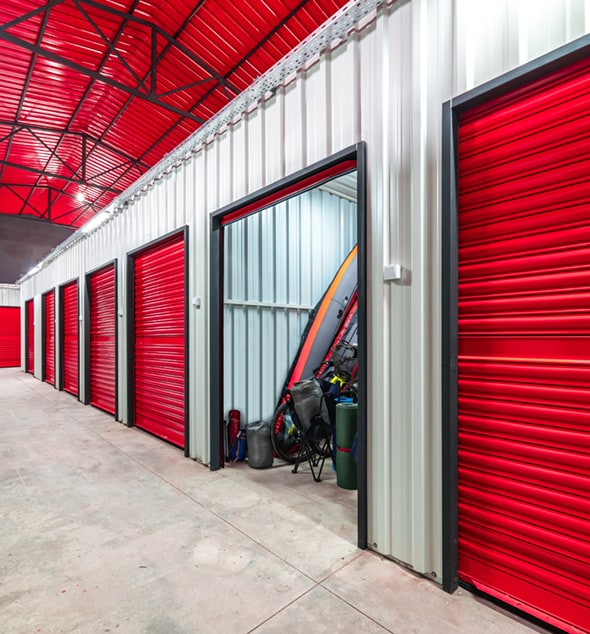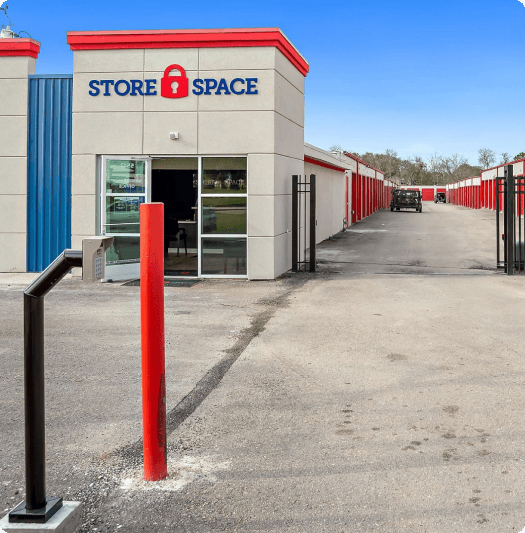Is Dallas a Good Place to Live? Pros & Cons

Dallas is located in north Texas, just a short distance from Fort Worth. It’s the third-largest city in Texas and the ninth-largest city in the U.S. If you’re considering moving to Dallas and calling this popular city home, you may be wondering if Dallas is a good place to live.
This guide is the perfect place to start. You’ll find general information about Dallas, the crime rate, cost of living, as well as pros and cons you should consider if you’re heading to Dallas.
What is Dallas Like?
Dallas is a big city, and it’s growing. From 2010 to 2020, the population growth was about 8.9%. Now, more than 1.3 million residents call Dallas home. Many are attracted to the booming business, unique culture, and arts and entertainment opportunities in the area.
Below are a few general statistics about Dallas:
| Dallas | Data* |
| Population (2010) | 1,197,816 |
| Population (2020) | 1,304,379 |
| Land Area (sq mi) | 340.52 |
| Time Zone | UTC-6 (CST) |
*Data from Census.gov
History of Dallas
Dallas was founded in 1841 by John Neely Bryan, who settled along the east bank of the Trinity River. A townsite was laid out in 1844 after more settlers moved into the area. Historians are unsure where the name “Dallas” came from, but many believe it was named after Vice President George Mifflin Dallas (served 1845-1849), his brother Commodore Alexander J. Dallas, or Joseph Dallas (an early settler).
The town charter was granted in 1856, and soon Dallas was home to stores, a shoe shop, brickyards and a newspaper. The town expanded even further in the early 1870s after railroads arrived in the area.
Dallas saw a major growth in industry and manufacturing during and after World War II, and in the 1950s and 1960s, Dallas became one of the top technology centers in the nation.
On Nov. 22, 1963, President John F. Kennedy was assassinated in Dealey Plaza, just a short distance from where John Neely Bryan first settled. In 1989, the city built The Sixth Floor Museum in the old Texas School Book Depository to commemorate the event.
Dallas experienced a building boom in the 1970s and 1980s, and the West End Historic District was established. Preservation Dallas started in the 1970s (originally named the Historic Preservation League) was designed to preserve historic buildings, neighborhoods and places in the Dallas area.
Is Dallas a Safe Place to Live?
According to CrimeGrade.org, Dallas has an overall crime grade of “C.” The Dallas metro area is in the 36th percentile for safety—so 64% of metro areas are safer than Dallas.
Is it Expensive to Live in Dallas?
According to BestPlaces.net, the overall cost of living in Dallas is only slightly higher than the U.S. average. The median home cost in Dallas is $259,800, slightly above the median home cost in Texas ($243,600) but lower than the national average ($291,700). More people rent instead of owning their homes (59% vs. 41%). The median rent in Dallas is $1,052, which is slightly below the national average of $1,062.
The cost of transportation in Dallas is higher than the national average, but health and grocery costs are lower. The table below compares the cost of living in Dallas to cities with similar populations.
| City | Cost of Living* |
| Dallas, TX | 101.6 |
| Philadelphia, PA | 101.2 |
| San Antonio, TX | 89.7 |
| San Diego, CA | 160.1 |
| San Jose, CA | 214.5 |
*Compared to a national average of 100 by BestPlaces.net
Food and Entertainment in Dallas
You’ll find plenty of activities and entertainment in Dallas. The city offers a number of museums including: Sixth Floor Museum at Dealey Plaza, Dallas Holocaust and Human Rights Museum, Dallas Museum of Art, Nasher Sculpture Center and more. There are also theaters and music halls where residents or visitors can enjoy performances.
You can’t miss a Dallas Cowboys football game in AT&T Stadium, but there are other professional sports in Dallas. The Dallas Mavericks (NBA) and Dallas Stars (NHL) play in American Airlines Center, and the Dallas Wings (WNBA) at College Park Center.
If you’d like to spend some time in the great outdoors, Dallas is the place to be. There are a variety of outdoor spaces, parks and gardens. You can even visit the State Fair of Texas when it comes to town for three weeks every autumn.
Dallas is known for texan style food like great barbecue, hamburgers, and Tex-Mex.
What are the Pros of Living in Dallas?
One of the main pros of living in Dallas is the big city amenities. You’ll never run out of things to do or food to try. Dallas is also home to a bustling economy with a variety of employment opportunities and a high local rate of job gain.
The public schools in Dallas are also a pro. Some of the top-ranking schools in Texas are part of the Dallas Independent School District.
What are the Cons of Living in Dallas?
As with every community, Dallas has both pros and cons. One potential negative about Dallas is the heat and humidity (especially during the summer). Some might also consider Dallas’ crime grade, a “C,” to be a downside, because only 36% of metro areas are more dangerous than Dallas.
The traffic in the city is also a con. Dallas has a high traffic mortality rate and is a dangerous city to drive in. (But you can always take the public transportation in Dallas.)
Wrapping Up: Is Dallas a Good Place to Live?
We hope this guide has helped you decide whether or not you’d like to live in Dallas. If you plan to move to the area or you already call Dallas home—we offer premium self-storage near you. Just head over to our Dallas facility, or complete a Touchless Rental online or by phone.
Use our store location finder to locate Store Space Self Storage in Dallas.







